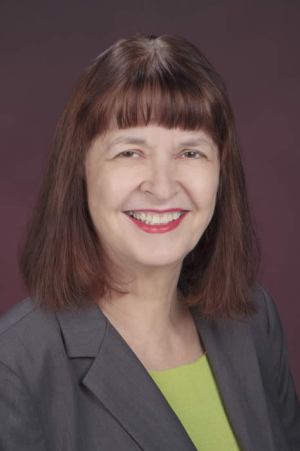What Patients Really Want
This is a repost from Primary Care Progress, a community of clinicians, trainees, and patients committed to transforming America’s broken primary healthcare system.
Primary care providers take care of many patients with diabetes during their careers, but how often does one of those patients tell providers exactly what he wants and how he’d like to be treated? Here, read 17-year-old Trevor Torres’ refreshing perspective.
By Trevor Torres
 My name is Trevor Torres, though I’m also known as the Diabetes Evangelist. At 17 years old, I’ve launched a speaking career through which I share my unique perspective with the health care community — that of an empowered teenage patient. Before I began public speaking, I recorded a video for the Institute for Healthcare Improvement (IHI) Open School. It exploded in popularity and led to the start of my speaking career. In that video – as someone who has spent a lot of time with doctors – I talk about what I expect from health care providers. I thought the health care professionals and trainees who read this blog might like to hear my perspective, especially because they will undoubtedly take care of lots of diabetics and teenagers during their career in primary care.
My name is Trevor Torres, though I’m also known as the Diabetes Evangelist. At 17 years old, I’ve launched a speaking career through which I share my unique perspective with the health care community — that of an empowered teenage patient. Before I began public speaking, I recorded a video for the Institute for Healthcare Improvement (IHI) Open School. It exploded in popularity and led to the start of my speaking career. In that video – as someone who has spent a lot of time with doctors – I talk about what I expect from health care providers. I thought the health care professionals and trainees who read this blog might like to hear my perspective, especially because they will undoubtedly take care of lots of diabetics and teenagers during their career in primary care.
There’s two main things I expect from my heath care providers. One: Don’t condescend. When I was first diagnosed with diabetes, the doctors said, “You can give yourself insulin in one of two ways: You can do it based on your blood sugar, so if you have higher blood sugar, give yourself more insulin. Or you can do it based on what you’re going to eat, so if you’re going to eat x amount, give yourself x amount of insulin.” Now maybe I’m one of the smarter patients, but I was like, “Why don’t I just come up with an algorithm that incorporates both variables?” That’s probably a little atypical, but the bottom line is if your patient already has something like that figured out, you don’t need to simplify the explanation down to what you perceive your patient’s level of understanding to be. You can explain something, and then if your patient doesn’t understand it, they can ask for clarification. That may be just me, but I really hate it when I feel like I’m being talked down to. And that also might be my age: I know we kids are a little uptight about that! (continue here)
Check out Trevor’s video, Trevor and the Perks of Diabetes
This is a repost from Primary Care




 Dee Burton joins the Center for Health, Media and Policy as Associate Director for Research and Evaluation. Dr. Burton comes to the CHMP from the State University of New York at Downstate Medical Center where she chaired the Department of Community Health Sciences in the School of Public Health.
Dee Burton joins the Center for Health, Media and Policy as Associate Director for Research and Evaluation. Dr. Burton comes to the CHMP from the State University of New York at Downstate Medical Center where she chaired the Department of Community Health Sciences in the School of Public Health.